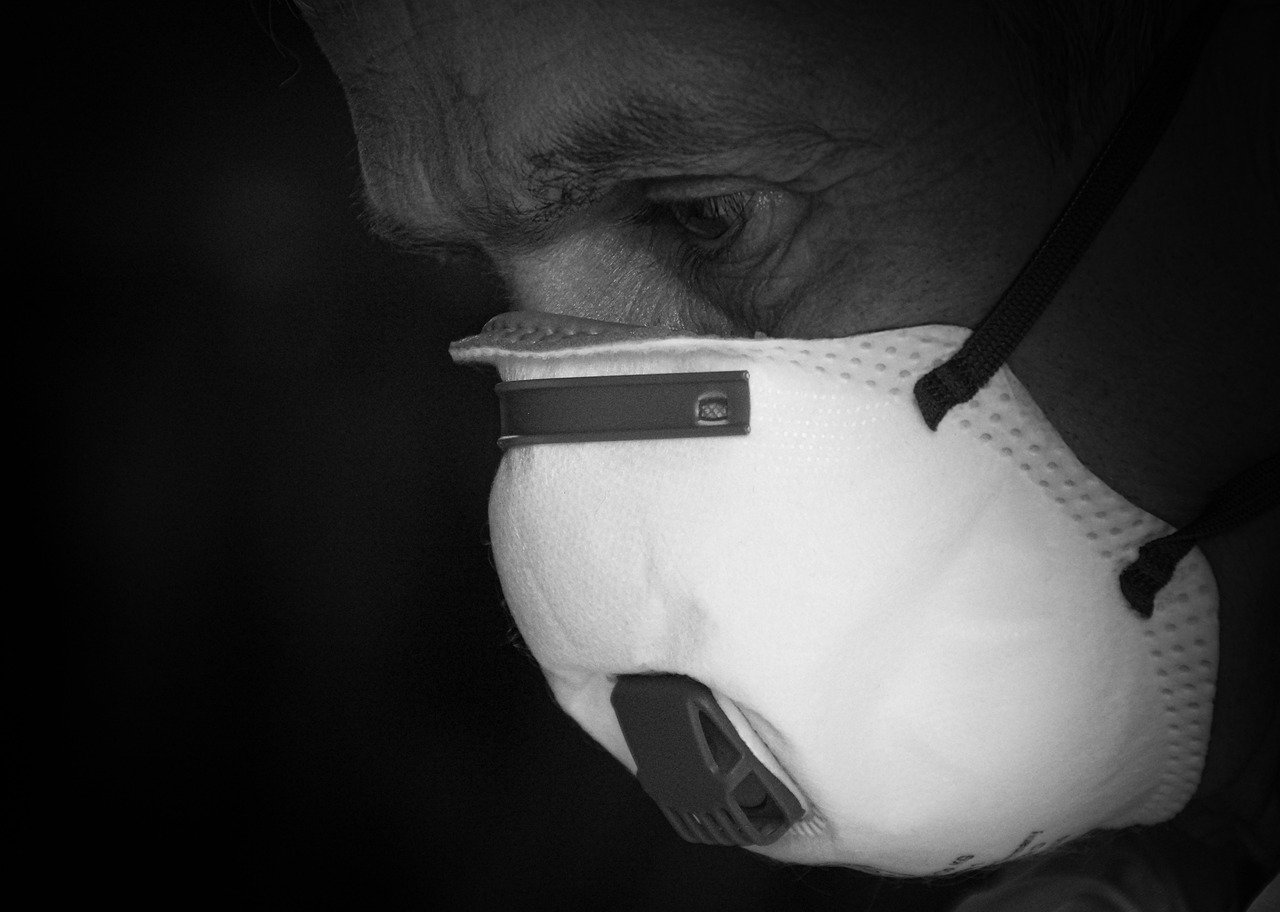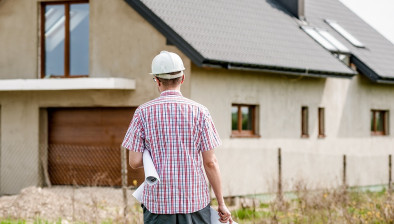New Scottish guidance calls for non-essential construction works to cease at once
The Scottish Government has made clear that work on construction sites should stop immediately unless it is supporting crucial work during the coronavirus pandemic.

In new guidance for the construction industry, which comes into effect immediately, any project deemed essential can only continue operating if it can comply with guidance on social distancing, safety and welfare during the COVID-19 outbreak. Any site unable to meet these requirements should close, the guidance adds.
Essential projects include:
- those to create or repurpose facilities which will be used directly in COVID-19 related activities
- projects to create or repurpose facilities which will be used to accommodate key workers, or free up space in facilities to be used directly in COVID-19 related activities
- projects which are considered essential public services
- the repair and maintenance of critical infrastructure
NHS boards will make decisions on their own individual sites and projects, in conjunction with contractors.
Critical National Infrastructure
Critical National Infrastructure (CNI) sectors define those facilities, systems, sites and networks necessary for the functioning of the country and the delivery of the essential services upon which daily life in Scotland depends.
Essential services are the fundamental services that underpin daily life and ensure the country continues to function.
There are 13 designated CNI sectors:
- energy
- communications – Telecommunications, Public Broadcast, Postal Services, Internet;
- government
- transport
- finance
- civil nuclear
- defence
- chemicals
- space
- health
- food
- water and waste
- emergency services
Even where businesses are in the CNI category and judge themselves to be exempt from closure of business premises, it is imperative that they keep open only those premises or parts of premises that are truly critical or essential to the national COVID-19 effort. For example, related logistics or administrative staff should work from home wherever possible, and non-essential staff must work from home.
Employers and employees should discuss their working arrangements, including with trades unions where present, and employers should take every possible step to facilitate their employees working from home, including providing suitable IT and equipment to enable remote working.
Sometimes this will not be possible, as not everyone can work from home. Business should look critically at their role and operations.
Non-essential services
Work on construction in the following sectors should be halted at this stage, subject to limited exceptions, as laid out later in this guidance:
- domestic housing
- schools, further and higher education institutions and early years provision
- office buildings and other commercial properties
- leisure
- retail
- warehousing
- garages and showrooms
- ecclesiastical
- community centres
- non-health related civic buildings
- public realm - hard and soft including (but not limited to) roads, which includes footpaths, footways, cycle lanes and verges; pavements; parks; and grassy areas
- justice and custodial
Operations should be shut down safely and securely, ensuring that partially-built structures are safe, and if necessary wind- and water-tight, associated equipment is properly stored, and sites have suitable security for the duration. Exceptionally, if sites can be safely completed within five working days they can be completed.
Companies should put in place suitable arrangements for monitoring site security and safety, and personnel may be allowed on-site to carry out essential remedial work in line with existing contracts, or in the light of urgent work emerging.
Economy secretary Fiona Hyslop said: “We recognise that this is an extremely difficult time for businesses of all kinds, but the Scottish Government’s priority is saving lives and fighting COVID-19.
“To this end, all construction sites should close unless they are essential to the health and welfare of the country during this crisis. I want to make clear our thanks to the construction workers who are continuing to work on these essential projects.
“This guidance offers clear and comprehensive advice on how the industry should respond in these unprecedented and difficult times. I am grateful to the STUC, Unite the Union and Construction Scotland for their input.
“In this public health emergency it is vital that all businesses act responsibly and align fully with the social distancing measures introduced to protect the nation’s heath, well-being and economic future.”
Vaughan Hart, managing director of Scottish Building Federation (SBF), said: “We welcome this clarity today from the Scottish Government and fully appreciate that the safety and wellbeing of workers on construction sites must be the top priority during the current crisis. In light of this announcement we would urge the Scottish Government to work with SBF and others to examine ways in which the construction industry can be supported in a similar manner as other crucial economic sectors that have been asked to close during this difficult time.”
Unite Scotland said it welcomes the clarified guidance on what is essential works and in the event of construction sites ceasing work that workers’ pay must be protected.
The trade union has been pressing the Scottish Government to adopt clearer guidance and tougher measures to ensure firms comply with government instruction and advice in relation to non-essential work, social distancing and personal protective equipment (PPE).
Unite Scotland has further welcomed the Scottish Government stating that in the event of construction site closures the jobs and incomes of those workers must be supported. The trade union has also repeated its call that the Scottish Government follow the intention of the Welsh Government to legislate over social distancing. The Welsh Government plans to introduce legislation compelling all employers to make sure their workers keep two metres apart.
Pat Rafferty, Unite Scottish secretary, said: “Unite Scotland has been working tirelessly during this COVID-19 crisis to ensure that construction workers and the public are protected. Crucial to this effort has been to get the Scottish Government to give stronger guidance on what constitutes essential and non-essential works.
“We welcome the new guidance issued which to a far greater degree provides this clarity and that there is a review process in place so if further measures are needed then they can be adopted swiftly. Importantly from Unite’s perspective, the Scottish Government have also stated that in the event where non-essential construction work ceases then those firms should do all that is humanly possible to make sure the jobs and incomes of those workers is protected.”
- Read all of our articles relating to COVID-19 here.















